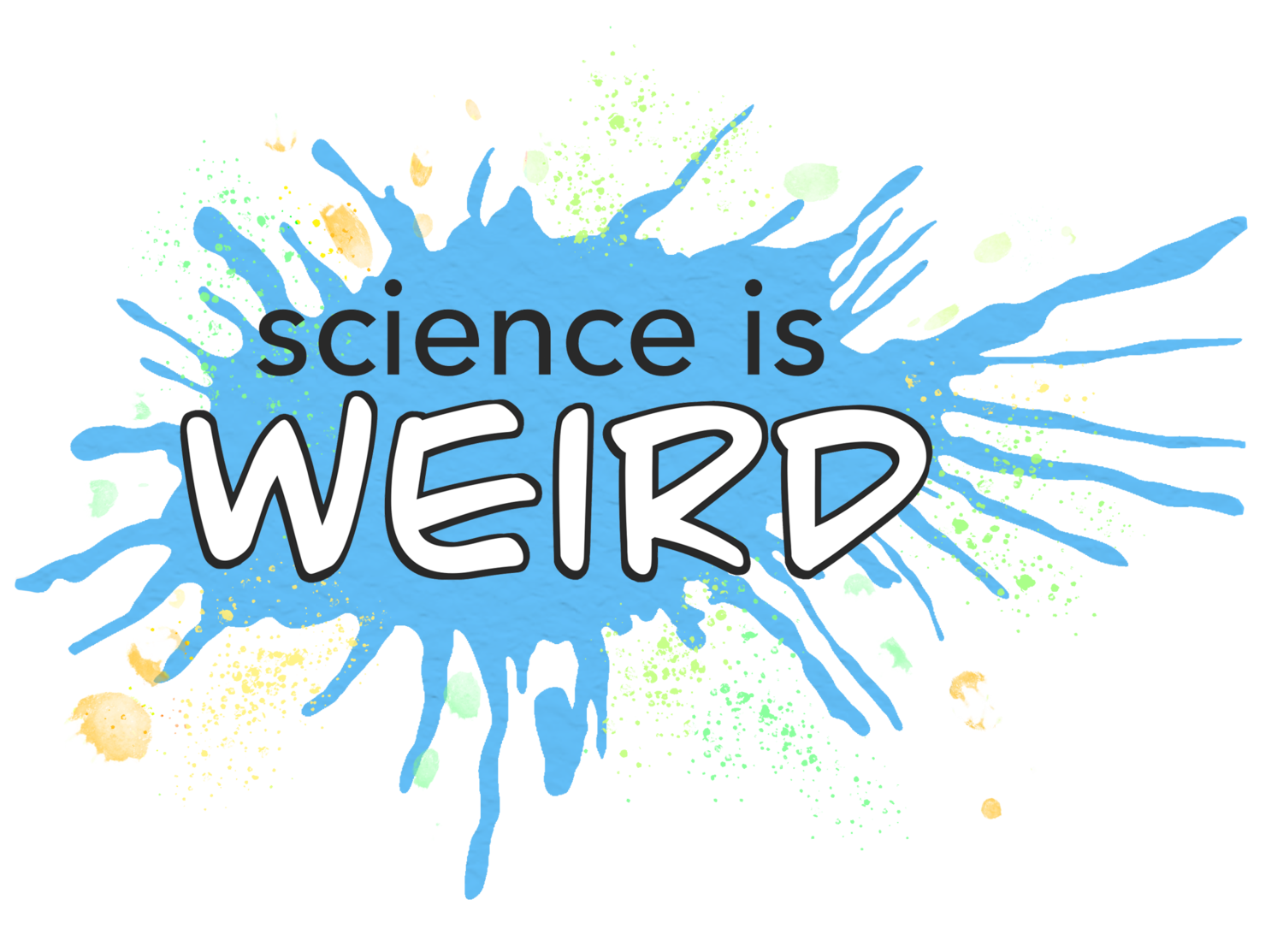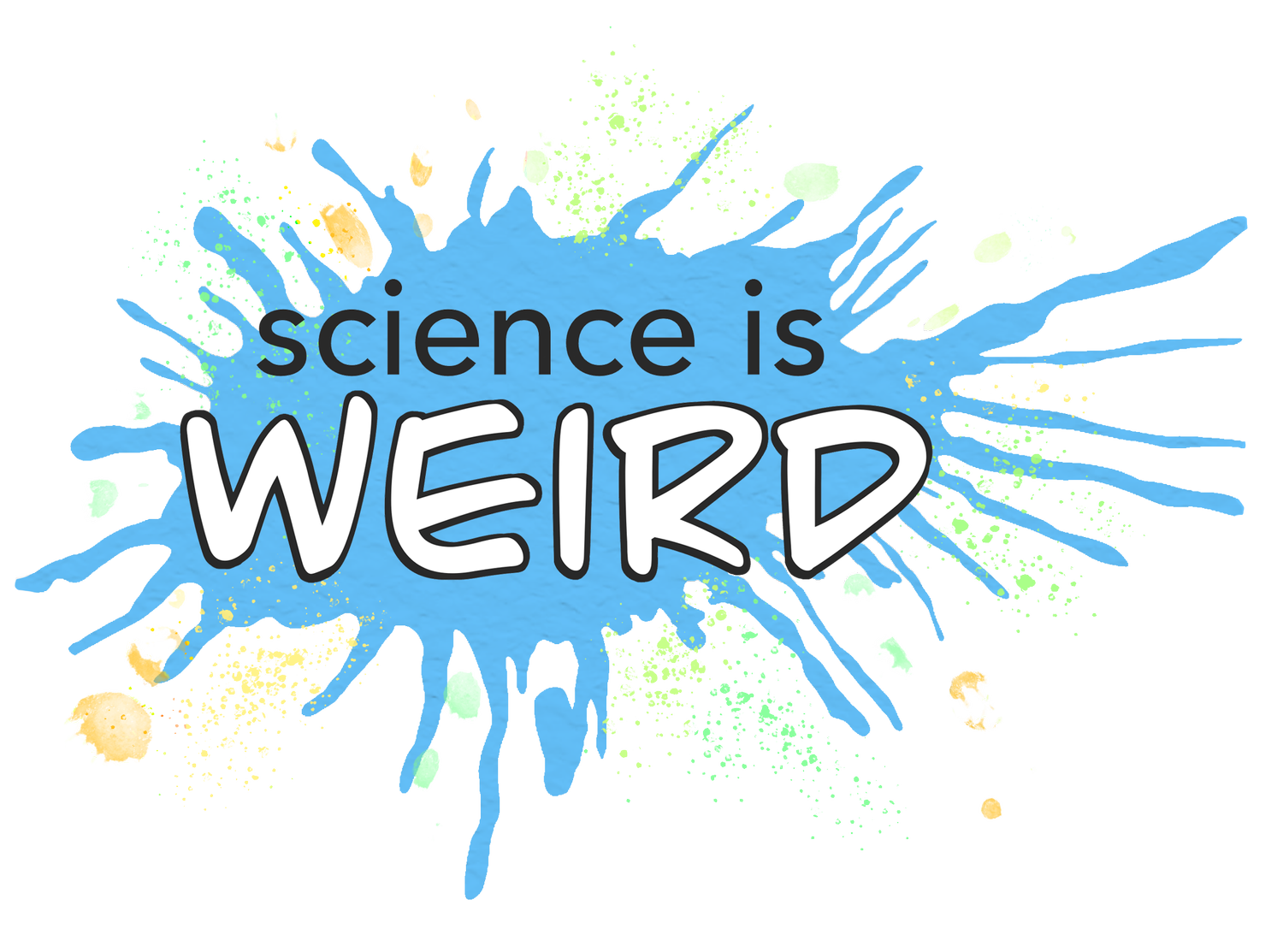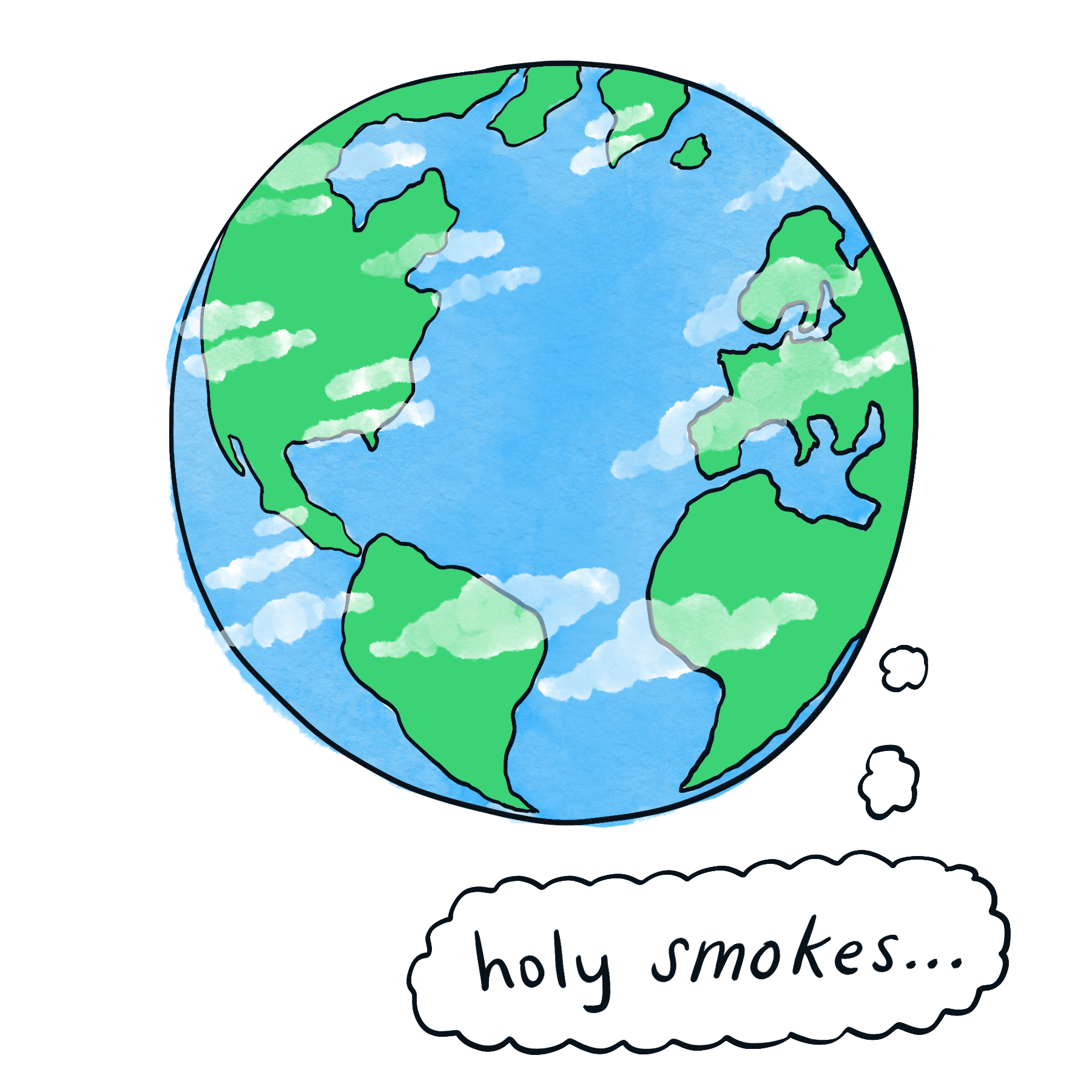Science, meet philosophy (again)
The problem with STEM (and the solution)
Science was never meant to be narrow — but in schools, that’s what it’s become.
Science grew out of a desperate desire to go beyond science — to make sense of where we come from, what we are, and where we’re going.
This is the realm of philosophy.
Humans are natural-born philosophers. We want to understand the big questions.
Science can help us do that.
Kids asking questions
In our six-year-long Big Course, we help kids ask big questions — and think expansively about how they might be answered.
We look for diversity of thought, and keep moving back and forth, looking for evidence.
We might group these into questions about the cosmos, questions about life, and questions about society.
Questions about the cosmos
What’s the big story of life, the Universe, and everything?
Are we alone in the Universe?
Is there anything outside the Universe?
Where did everything come from?
What’s going to happen to the Universe?
Is everything really just atoms?
Are there things about the Universe that science can never tell us?
Questions about life
What makes things alive?
Where did life come from in the first place?
Is there a mind behind evolution?
Is nature good, bad, or something else entirely?
Are we really a type of animal? If so, does that change how we view ourselves?
Why are we conscious? What is consciousness? Are other life-forms conscious?
Questions about society
How can we live responsibly on Earth? And does technology help with that, or get in the way?
Can we end disease? Can we make a flourishing society? How possible is utopia?
Is organic food actually good for us, and for the world?
Can we spread to other planets?
Is climate change real? Are humans causing it? How afraid should we be of it? How can we stop it?
Are we causing extinctions? How much danger are we to cause our own?
Is the modern world good for us, or bad?
But why “philosophy”?
How much do we love philosophy? So much that we named our special weeks (the ones tucked between the topics, in the live course) “Philosophers Clubs”, and those students our “Philosophers”.
You can read more about that here:
Your questions, answered
Q: Is this secretly a philosophy course?
We think every course (math, literature, cooking, gym…) should be a philosophy course! In fact, we even refer to our students who go above-and-beyond “philosophers”.
Q: But my kids will learn actual science, right?
And how! Check out our list of the big concepts we cover.
Q: What if my kid doesn’t like philosophy?
We’ve met some kids who are more naturally into philosophy than others… but we haven’t met too many kids who dislike big questions. (If that’s your kid, though, we may not be for you.)
Q: These questions are controversial — are you going to indoctrinate my kid?
Nope.
When there is controversy, we report it honestly. We actually take a hard stand on this: in our lessons, we don’t share our opinions on questions that science doesn’t conclusively answer. (If we did, we couldn’t teach kids to think for themselves.)
Q: Are those the only philosophical questions you’ll ask?
Ha! Like we could limit ourselves to those.







